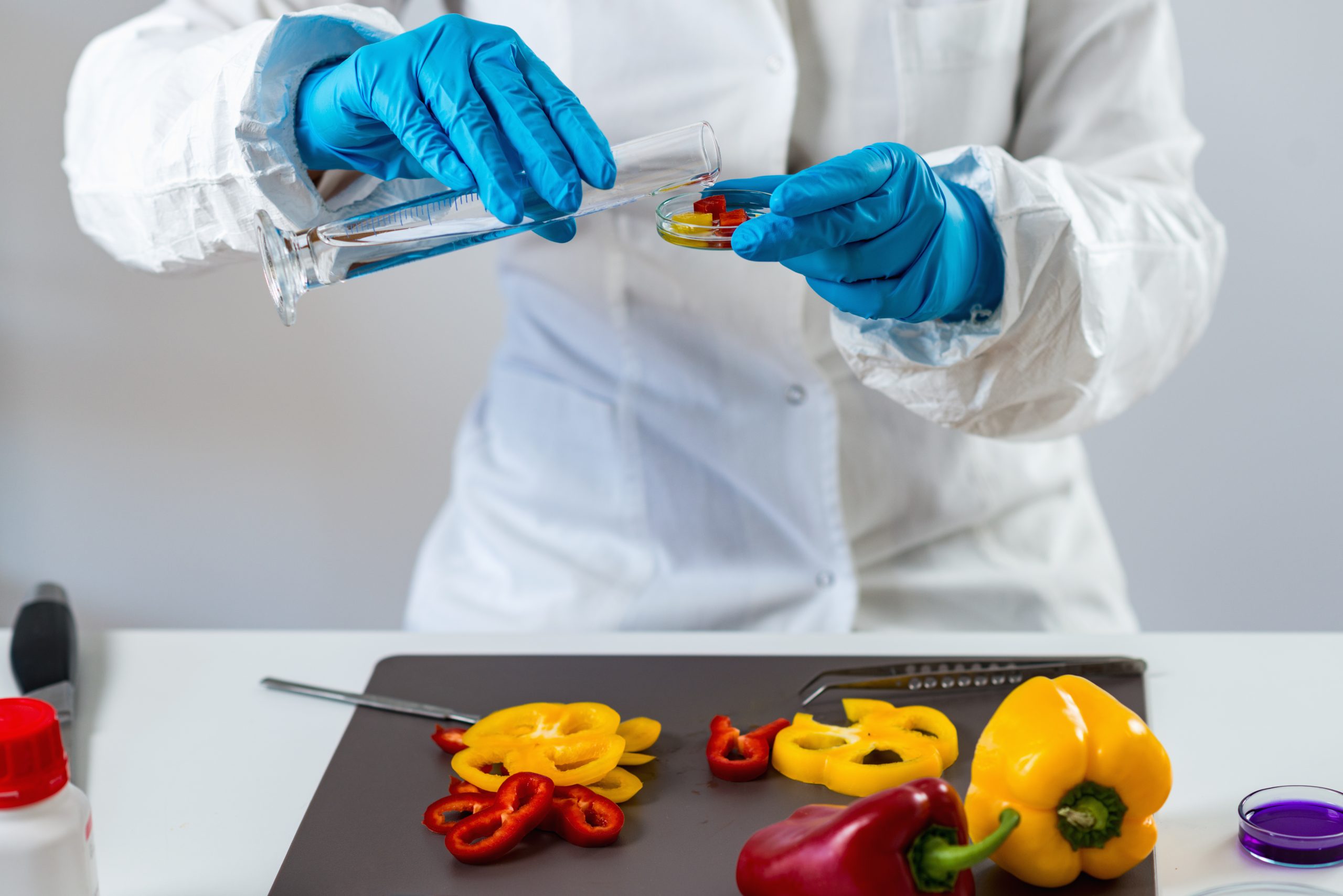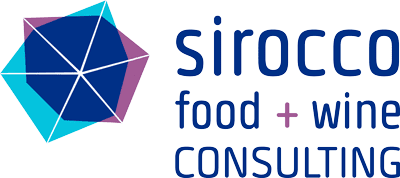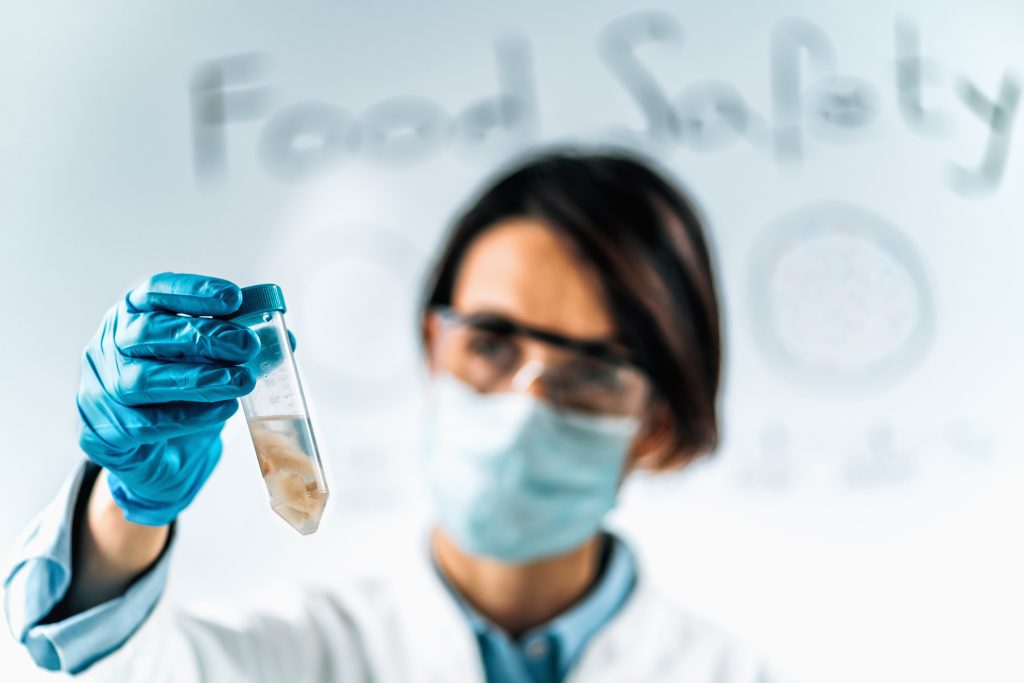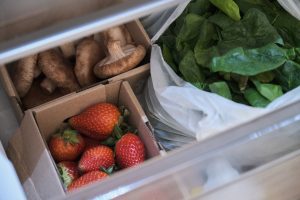What is the FSPCA (PCQI) Training? Why is it important in food manufacturing? Is PCQI required by FDA?
The Current Good Manufacturing Practice, Hazard Analysis, and Risk-based Preventive Controls for Human Food regulation (referred to as the Preventive Controls for Human Food regulation or PCHF rule) is intended to ensure safe manufacturing/processing, packing, and holding of food products for human consumption in the United States. The FSMA regulation requires that certain activities must be completed by a “Preventive Controls Qualified Individual” who has “successfully completed training in the development and application of risk-based preventive controls” at least equivalent to that received under a standardized curriculum recognized as adequate by FDA or be otherwise qualified through job experience to develop and apply a food safety system”. The FSPCA (PCQI) training course developed by the FSPCA is the “standardized curriculum” recognized by FDA; successfully completing this course is one way to meet the requirements for a “Preventive Controls Qualified Individual.”
Is FSPCA the same as PCQI? How do you qualify for FSMA PCQI?
The FSPCA (Food Safety Preventive Controls Alliance) is a public-private alliance that provides training and outreach for the FSMA standards. It helps the human and animal food industry and related entities to build food safety capacity, especially for small- and medium-sized businesses. FSMA was put in place to have a more holistic approach to improve food safety across the entire food system.
Under section § 117.4 of the FSMA – PC Human Food regulations, individuals who manufacture, process, pack, or hold food must meet specific requirements which must be documented.
(2) The owner, operator, or agent in charge of a facility must ensure that all individuals who manufacture, process, pack, or hold food […] are qualified to perform their assigned duties.
(b) Each individual engaged in manufacturing, processing, packing, or holding food (including temporary and seasonal personnel) or in the supervision thereof must:
(1) Be a qualified individual as that term is defined in § 117.3–i.e., have the education, training, or experience (or a combination thereof) necessary to manufacture, process, pack, or hold clean and safe food as appropriate to the individual’s assigned duties; and
(2) Receive training in the principles of food hygiene and food safety, including the importance of employee health and personal hygiene, as appropriate to the food, the facility and the individual’s assigned duties.
(c) Additional qualifications of supervisory personnel. Responsibility for ensuring compliance by individuals with the requirements of this part must be clearly assigned to supervisory personnel who have the education, training, or experience (or a combination thereof) necessary to supervise the production of clean and safe food.
Under FSMA – PC Human Food regulation, a “Preventive Controls Qualified Individual” or PCQI is a person with food safety knowledge who has “successfully completed training in the development and application of risk-based preventive controls” at least equivalent to that received under a standardized curriculum recognized as adequate by FDA or be otherwise qualified through job experience to develop and apply a food safety system”. In addition, § 117.180 Requirements applicable to a preventive controls qualified individual and a qualified auditor are as follows:
(a) One or more preventive controls qualified individuals [per site] must do or oversee the following:
(1) Preparation of the food safety plan (§ 117.126(a)(2));
(2) Validation of the preventive controls (§ 117.160(b)(1));
(3) Written justification for validation to be performed in a timeframe that exceeds the first 90 calendar days of production of the applicable food;
(4) Determination that validation is not required (§ 117.160(c)(5));
(5) Review of records (§ 117.165(a)(4));
(6) Written justification for review of records of monitoring and corrective actions within a timeframe that exceeds 7 working days;
(7) Reanalysis of the food safety plan (§ 117.170(d)); and
(8) Determination that reanalysis can be completed, and additional preventive controls validated, as appropriate to the nature of the preventive control and its role in the facility’s food safety system, in a timeframe that exceeds the first 90 calendar days of production of the applicable food.
I heard that FSPCA Version 2 was released on January 1, 2026. When does the PCQI training Version 1.2 expire? I have a V1.2 PCQI certificate, do I need to update my credentials?
The FSPCA Preventive Controls for Human Food (PCHF) Version 1.2 curriculum will be retired on June 30, 2025. Beginning July 1, 2025 FSPCA will only allow PCHF Version 2.0 participant course deliveries.
PCQIs are not required to obtain a V2 certificate to comply with the PCHF rule. Completing the Version 2 curriculum is not a FSPCA requirement. However, it is recommended to attend Version 2 since it includes new FDA’s guidance information (FDA Hazard database and the FDA data dashboards information).
What’s new with FSPCA (PCQI) Version 2? Is PCQI the same as HACCP?
 Version 2.0 is consistent with the Codex HACCP guidelines (CXC 1-1969, 2023). It also addresses new regulatory guidance and includes updated information and references. Application examples to support SMEs have been added to the curriculum.
Version 2.0 is consistent with the Codex HACCP guidelines (CXC 1-1969, 2023). It also addresses new regulatory guidance and includes updated information and references. Application examples to support SMEs have been added to the curriculum.
HACCP focuses primarily on controlling process-related food safety hazards that require CCP applied controls. FDA Preventive controls expand on this concept to include other significant process hazards such as Allergen, Sanitation and Supply-Chain hazards.
When performing a hazard analysis, the food safety team led by the PCQI(s) must consider an array of food safety hazards. The hazard identification process considers those that may be present in the food because the hazard occurs naturally, the hazard may be unintentionally introduced, or the hazard may be
intentionally introduced for economic gain (aka food fraud hazards). Three categories of hazards are identified in a food safety plan:
B = Biological hazards including bacteria, viruses, parasites, and environmental pathogens.
C = Chemical hazards, including radiological hazards, food allergens, substances such as pesticides
and drug residues, natural toxins, decomposition, and unapproved food or color additives.
P = Physical hazards include potentially harmful extraneous matter that may cause choking, injury or other adverse health effects. See below for details.
BIOLOGICAL HAZARDS
- Bacterial pathogens – Presence, growth, or toxin production due to survival of a lethal treatment.
- Bacterial pathogens – Growth and/or toxin production due to poor time/temperature control
- Bacterial pathogens – Growth and/or toxin production due to poor formulation control
- Bacterial pathogens – Growth and/or toxin production due to reduced oxygen packaging
- Bacterial pathogens – Presence due to ingredients added after process controls
- Bacterial pathogens – Presence, growth, or growth with toxin production due to recontamination due to lack of container integrity
- Environmental pathogens – presence due to recontamination from the processing environment
CHEMICAL HAZARDS
- Undeclared food allergens – incorrect label.
- Unintended food allergen presence – allergen cross-contact
- Chemical hazards due to mis formulation
- Process-contamination hazards in certain plant-based foods
PHYSICAL HAZARDS
- Metal, Glass (when product packed in glass), Hard Plastic.
I need to become a SQF practitioner. Can the FSPCA (PCQI) Version 2 certificate replace a HACCP training certificate?
Yes, the FSPCA (PCQI) Version 2 certificate is acceptable if accompanied with a final assessment. When registering for the course, ensure that the course provider administers a HACCP Exam to assess the course participant’s knowledge.
How much does the FSPCA certification cost? How long does it take to get PCQI certificate?
A list of public FSPCA PCQI courses is available from this website. The current PCQI V2 course is 3 days long. Sirocco consulting will offer the PCQI V2.0 course in 2025. Check our website for details.
Sirocco Food and Wine Consulting is a full-service food safety solutions company providing templates, training courses, and consulting services for business owners, managers, and industry professionals. We are here to help you with SQF Certification, HACCP Certification and obtaining your PCQI Certificate!






